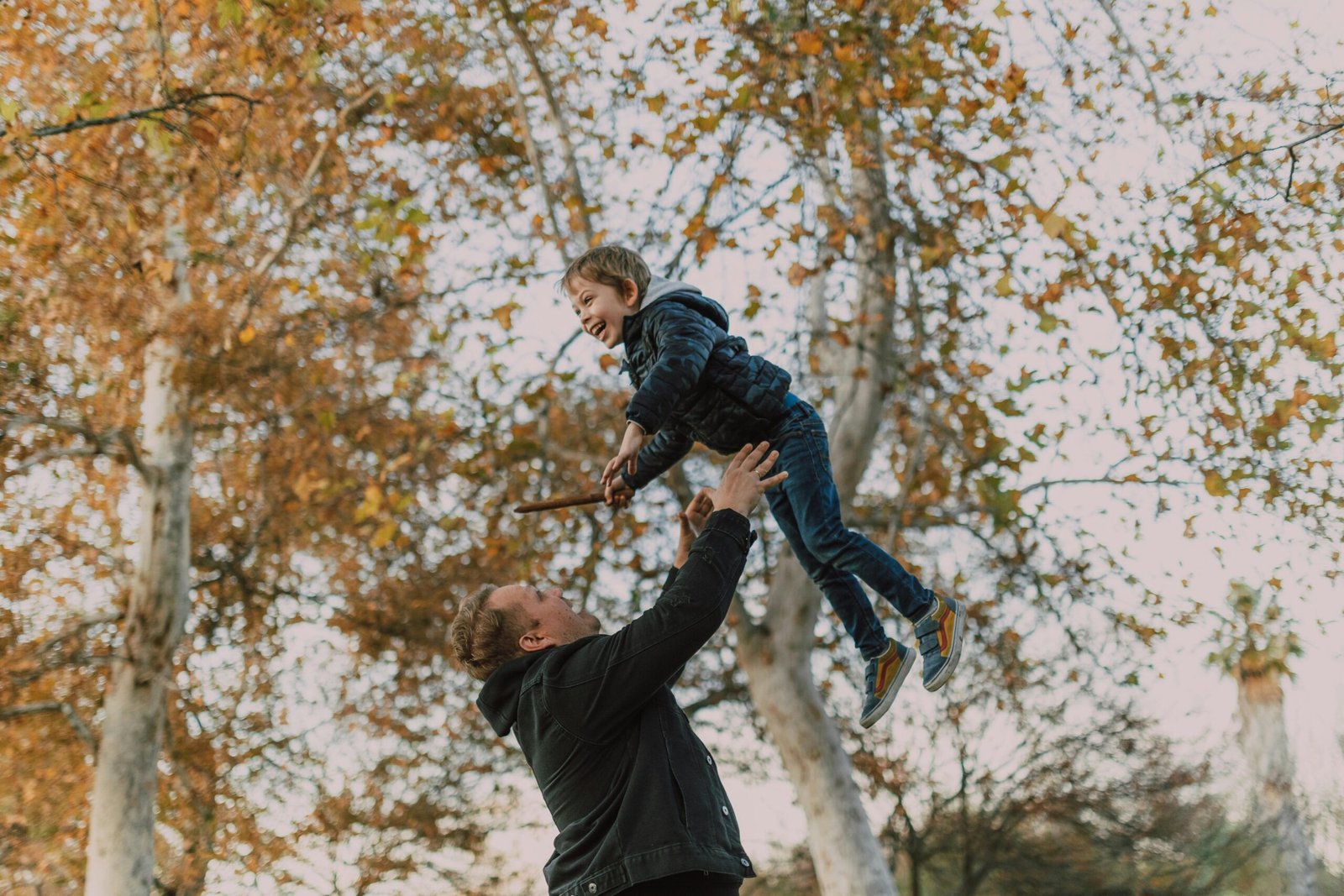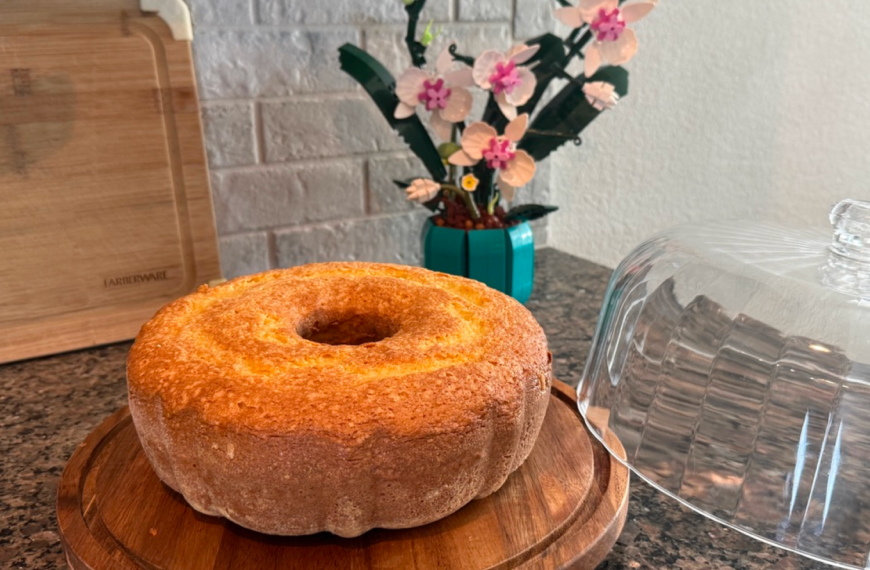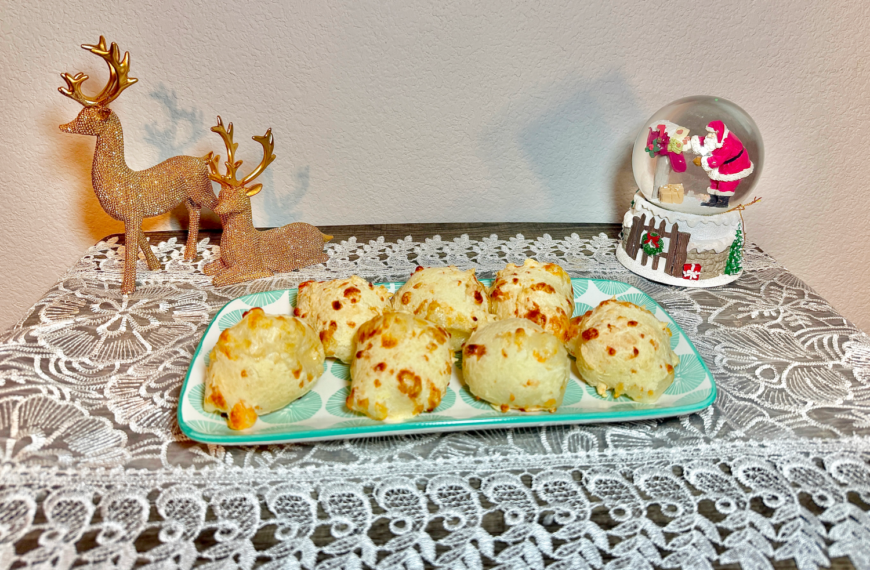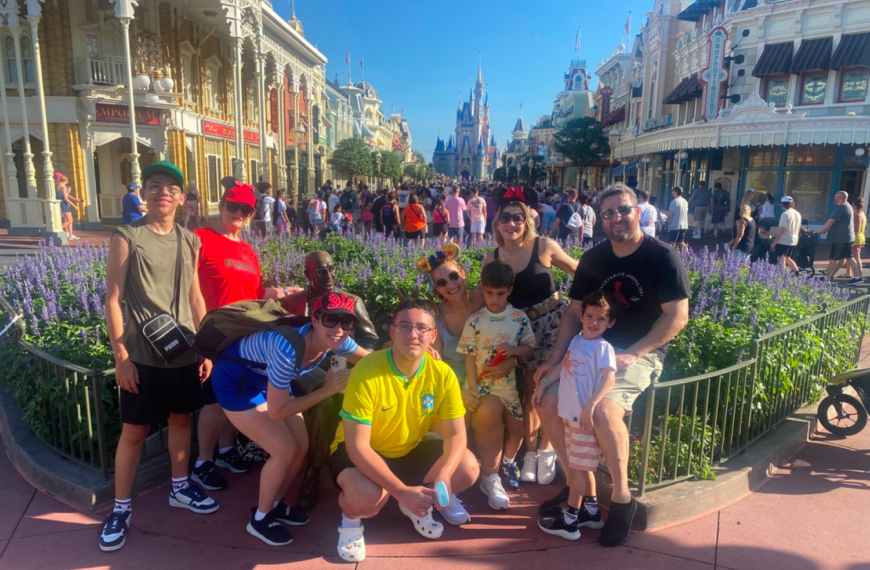Introduction: What Does “Third Culture” Mean for Us?
Raising immigrant children is both a beautiful and complex experience. In our family, the concept of a “third culture” describes the unique blend of identities that our children are forming. At home, they live the traditions, language, and values of our Brazilian heritage. Meanwhile, at school and in social settings, they are fully immersed in American culture. As a result, they are not growing up entirely Brazilian nor completely American—they are growing up as something in between.
This hybrid identity brings opportunities, challenges, and a continuous balancing act.
From Brazil to the U.S.: A New Chapter
All of us—my husband, my two children, and I—were born and raised in Brazil. For many years, Brazilian culture was the only one we knew. We were deeply connected to our extended family, surrounded by familiar customs, and embedded in a society where language and humor felt effortless.
However, about a year and a half ago, everything changed. My husband received a job transfer to the United States, and we saw it as a valuable opportunity. We hoped this move would bring personal growth, new perspectives, and unforgettable experiences for us and especially for our children.
A Mix of Gratitude and Guilt
Reflecting on our journey so far, I carry a mix of emotions. On one hand, I’m grateful. I truly believe that this is a once-in-a-lifetime opportunity for our children. They are becoming bilingual, learning how to adapt to different social environments, and developing a broader view of the world.
On the other hand, there is an underlying feeling of guilt. Back in Brazil, children often form deep, lasting relationships with cousins, neighbors, and school friends. Here, those connections are harder to build. I sometimes wonder: are they missing out on the warm, community-based childhood I had?
In addition, I see how they struggle to navigate between two very different cultural expectations. At times, they feel like outsiders in both. And as a parent, it’s not always easy to guide them through these identity shifts when I’m also still adapting myself.
Navigating Identity in a Third Culture: How Immigrant Children Adapt
Raising immigrant children means understanding that no two children will experience the transition the same way. My two sons have very different personalities—and that reflects directly in how they’ve adapted to our new environment.
My older son is naturally outgoing and finds it easy to make connections. He has adapted relatively well to American school life. However, I’ve noticed that most of his friends are other Latino kids. While he communicates in English at school, his social comfort zone still lies with those who share a similar background.
Meanwhile, my younger son struggles more. Building friendships has been difficult, and making deeper connections—like being invited to a friend’s house—seems rare. In Brazil, playdates and spontaneous social visits were common. In the U.S., it feels more formal and distant, especially when you’re new and navigating everything in a second language.
Despite living in the United States, my sons still strongly identify with our Brazilian culture. At home, we speak Portuguese, eat traditional meals, and watch TV in our native language. In addition, we celebrate Brazilian holidays and maintain family rituals to preserve a sense of belonging.
For example, affection is a big part of Brazilian parenting. I am very affectionate with my children, but here in the U.S., this often feels out of place. Schools and social settings seem more reserved. These small cultural differences can have a big emotional impact.
School and Socialization: When Immigrant Children Enter a New System
One of the biggest cultural shocks my immigrant children faced happened inside the school walls. Back in Brazil, they attended private schools with small student bodies. Everyone knew each other, and the environment felt warm and personal.
However, in the United States, schools are massive. My children now attend public schools with hundreds—sometimes thousands—of students. The hallways are crowded, the classes feel less personal, and the sense of community is harder to find.
When it comes to friendships, my older son has connected with Latino classmates. On the other hand, my younger son has American classmates but not what we would consider close friends. In Brazil, friendships often meant being invited over, celebrating birthdays, and seeing each other outside of school. Here, relationships are more reserved.
I expected more support from teachers, but the response has often felt cold or distant. In Brazil, teachers made a point of knowing the students and supporting the family. In contrast, here everything seems more institutional.
I tried being actively involved at first—emailing teachers, attending meetings—but over time I let things flow. The support I expected wasn’t really there, and I began to realize how different the system is.
Feelings of Loneliness, Loss, and Belonging
There are times when I feel my children are losing something by not growing up in Brazil. It’s not just about friends, but about culture, history, and the sense of national identity that they might not fully understand or feel.
We cope with homesickness by staying in close contact with our family in Brazil. I speak to them weekly and share photos, videos, and stories. We maintain traditions like Christmas dinner and birthday parties. Meanwhile, we sometimes attend events organized by the local Brazilian community.
My younger son often asks when we are going back. He misses speaking Portuguese and being surrounded by people who understand him. Once, he told me that no one at school likes Brazilians and that no one wanted to play with him. When I asked his teacher, she said he plays with everyone—so it’s difficult to know what is real and what is emotional perception.
Mental Health and Emotional Support
Early on, I worked with a therapist to help me navigate parenting in a new culture. That guidance made a big difference, but now I see the need for therapy for each of my sons too.
Unfortunately, mental health services are expensive here. I’ve only found Brazilian professionals, and even those come at a high cost.
My younger son often feels isolated, even though he hasn’t reported bullying. I constantly talk to my children, check in on them, and offer support—but sometimes they aren’t ready to open up or ask for help. Emotional security is a daily effort.
Keeping Traditions and Culture Alive at Home
At home, we eat Brazilian food, listen to Brazilian music, and watch shows in Portuguese. We alternate between attending American and Brazilian churches, creating a balance that works for our faith and our cultural needs.
My older son enjoys the structure of American school and the opportunity to train in sports like soccer. My younger son, however, still misses the way things were back home.
We speak only Portuguese at home, and we celebrate holidays from both cultures. In addition, we look for moments to blend traditions, showing our children that they can live in two worlds at once.
The Benefits of Growing Up in a Third Culture
Despite the challenges, I truly believe my children are gaining something special from this journey. Learning English will open many doors for them. They’re experiencing life in another country and gaining a global perspective that few kids get to have.
At first, they weren’t very open to other cultures. However, over time, they’ve become more curious, tolerant, and empathetic. They’re learning that the world is much bigger than just Brazil or the U.S.
I’m proud of them. Even when it was hard, they woke up, got ready, and went to school—all in a language they barely knew. That kind of resilience will stay with them forever.
Reflections and Advice for Other Parents
If I could go back in time, I would seek psychological help for the whole family right from the beginning. One thing that really helped my older son was meeting another Brazilian boy going through the same thing. My younger son, unfortunately, doesn’t know anyone his age who shares his background.
To other parents raising immigrant children, my biggest advice is: build a support network. Find a community you can lean on. You don’t have to do this alone.
And while I’m still learning every day, I’ve had moments that made it all worthwhile. Like when my older son began smiling again, making friends, and progressing in school. Those little victories remind me that we are, slowly but surely, finding our place.









